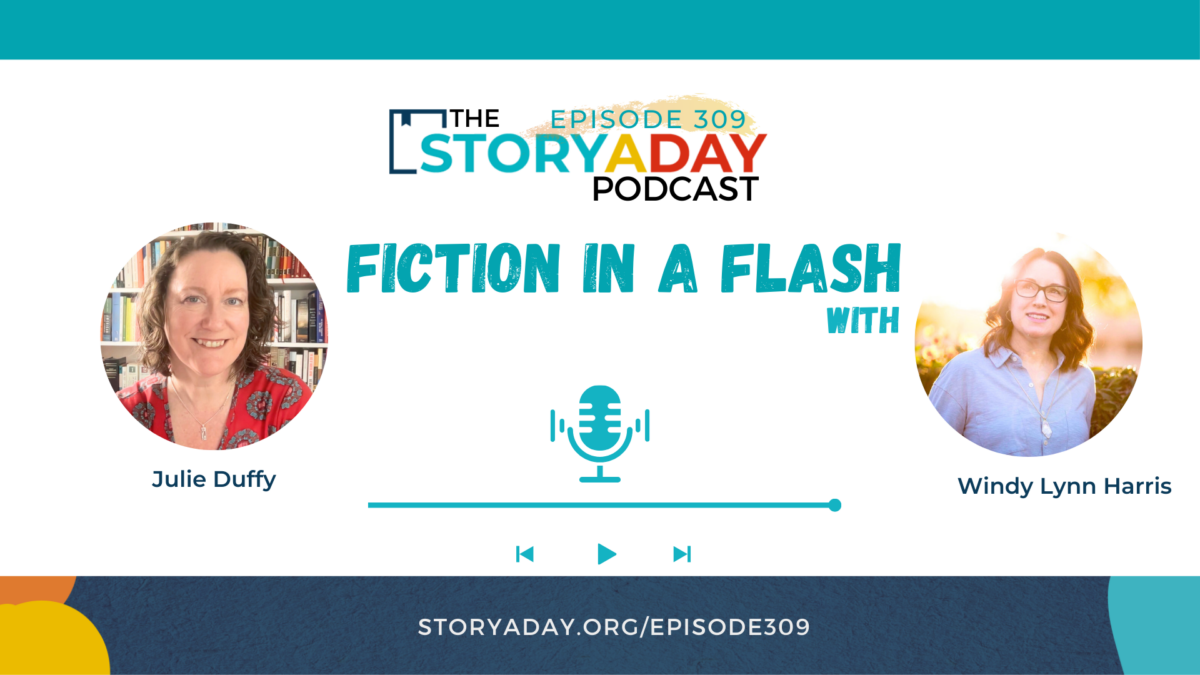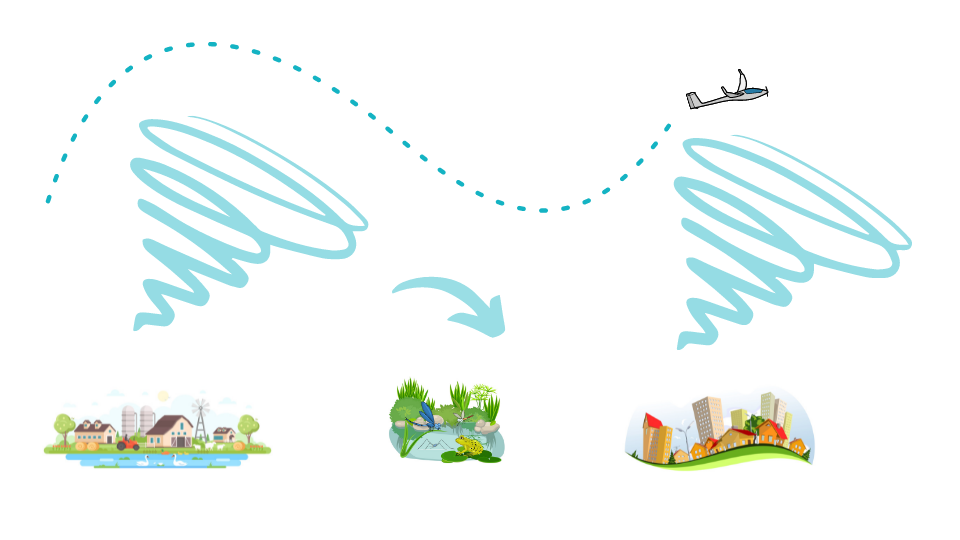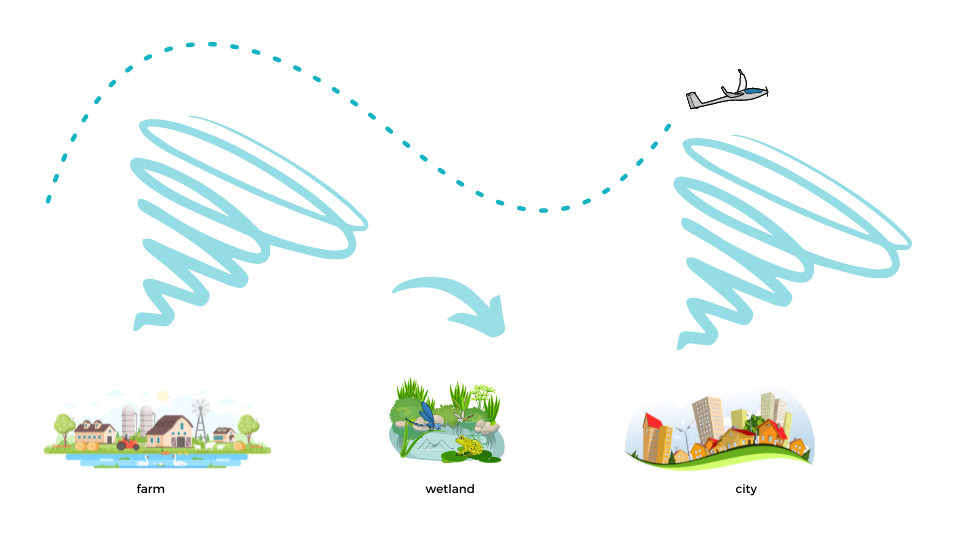Today I have two things for you: 1, A quick rave about a great book for writers; 2, An fun announcement.


Why We Write
After we’ve been writing for a while — after you’ve succeeded in making writing a habit, even for just a month — it can lose its dreamlike appeal. It can become, well, work.
How do you reignite your DESIRE to write?
For me, it helps to read great writing by people whose style I adore.
But it also helps to read about the habits of working writers (yes, ‘working’ writers, meaning the ones who get paid for it. I ADORE my writing groups, online and off, but modeling my behavior on that of people a little further up the professional road, seems like a smart move).
I just finished my first read-through of Why We Write: 20 Acclaimed Authors on How And Why They Do What They Do by Meredith Maran (I say ‘first’ because I know I’ll be going back to this one a lot).
The writers include Jennifer Egan, Isabelle Allende, Rick Moody, Sebastian Junger, Armistead Maupin, Terry McMillan, Sara Gruen and David Baldacci, among others, so it’s a wide spread of subjects and audiences they’re writing for. There is, quite literally something for everyone in this book: from authors who simply must write in one place all the time, with one set of music playing, to authors who hate routine, can’t write with music on; writers who write every day, and writers who ‘binge-write’ and then take months off.
Some common threads from the book:
Music
It was amazing how often the word ‘musical’ came up. An astounding number of the authors profiled talked about how important it was to ‘get the rhythm right’ or ‘make it sing’ or about how the language, when writing was going well ‘feels like music’. That sounded like a good way of talking about that moment when you just know the writing is working.
Fear
I don’t think there was one (highly-successful) author in the bunch who didn’t talk about how much fear they have: before, during and after they write. They are all insecure about every project, and that doesn’t go away after they get published. In some ways it gets worse. This is (I say, with some schadenfreude) immensely reassuring.
Persistence
Most of these authors said something along the lines of “I write because I can’t do anything else/I’m unemployable/I must”. And they talk a lot about the necessity of getting your butt in your chair, your fingers on a keyboard, a pen in your hand and WORKING at it. Just keep writing (whether you have a writing routine or you’re a ‘binge-writer’) until you are finished. When it’s hard. When it’s going well. When you don’t want to. When you’re scared. When you’re despondent. When you’re flying on the wings of inspiration. When you’re starting to wonder if maybe a soul-sucking corporate job might not be a better idea after all…Keep writing.
And they ALL said ‘it’s worth it’. Whether they were billionaire best-sellers or acclaimed literary types scratching out a living by teaching while they write. They all said: it’s worth it.
And now I have a little gift for you. Two gifts actually: an assignment (with a deadline) and a free webinar to guide you through it.

As you’ve probably noticed I’ve been working on a little side project called The 7Day Story(write, revise and release a short story in 7 days).
It’s like a graduation gift for people who have been through StoryADay: a little more time to work on a single story; a little more help with the ‘what now?’ after you’re finished your first draft.
I’m working with Gabriela Pereira of DIYMFA.com and we recently ran a challenge where we guided people through the process of writing, revision and releasing a story in 7 days. The feedback was phenomenal, so we’re running the challenge again, starting on July 1. You can sign up here.
But this time we’re previewing the whole thing in a free webinar, next Wednesday. Join us, live online, for the webinar, and we’ll take you through our week-long inspiration, drafting, and tiered revision process — a process that you can use over and over again to turn out polished short stories in next-to-no-time. We’ll take questions during the webinar, so do sign up if you have any questions to ask us about the process, or tips for first-timers. We’ll also be making a big announcement during the webinar that I think you’re really going to like (we’re putting the final touches to that right now. Shhhh!).
A little bit about my co-conspirator: Gabriela Pereira (who actually has a fancy, traditional MFA) has made it her mission to show the rest of us how to get all the good parts of a University-based MFA, without the time-wasting and crippling tuition bills. She has loads of enlightening things to say about the revision process, which really complement what I try to do here at StoryADay.org (which is mostly about inspiring you and empowering you to get those first drafts done). I’ve learned a lot from her already and, in The 7DayStory, we’ve put together a set of tools which take you that next mile along the writing road.
Join us for the 7DayStory webinar, on Wednesday, June 26, 2013, at 1PM (EST, GMT -5).
(If you can’t make it to the webinar, make sure you’re on the mailing list so you hear about our Big Announcement, when it’s ready!)







